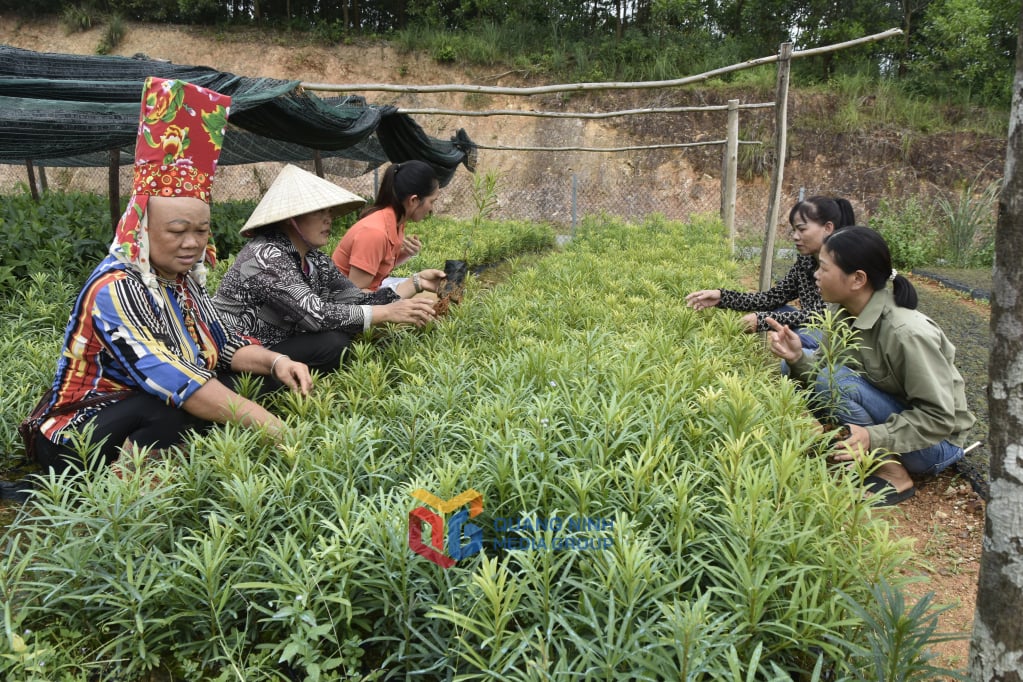
One of the policies that the province has focused on implementing very strongly in recent years is to gradually eliminate small-scale, fragmented agricultural production methods in ethnic minority and mountainous areas. Instead, it is to promote linkage models, promote the expansion of cooperatives and cooperative groups, shift the economic structure towards commodity production, and create high-quality OCOP agricultural product brands. Currently, there are 17 concentrated raw material production areas being developed according to the province's planning, including 8 raw material areas that have been granted growing area codes. Localities actively approve support for linkage projects, contributing to raising people's awareness of building food safety chains, producing according to VietGAP, GlobalGAP, HACCP, and applying high technology. Every year, OCOP fair programs, markets, and product consumption promotion weeks are also organized, associated with supply-demand connection activities...
Currently, the whole province has 186 subjects participating in the OCOP program with a total of 432 products, including 5 products with 5 stars, 107 products with 4 stars and 320 products with 3 stars. Notably, there are 50/432 star-rated products of 15 subjects, cooperatives, and enterprises from ethnic minorities, remote areas, and islands. These are all strong and typical products such as: Golden flower tea, Ba Che Morinda officinalis; Binh Lieu vermicelli; Dong Trieu golden flower sticky rice; Mong Cai pig; Tien Yen chicken; Van Don sea worm; Co To squid... This is considered a breakthrough, opening up opportunities for local agricultural development, helping people develop the economy, increase income in the direction of increasing the value of agricultural products, and at the same time promoting the rich cultural identity of ethnic minorities in the province.
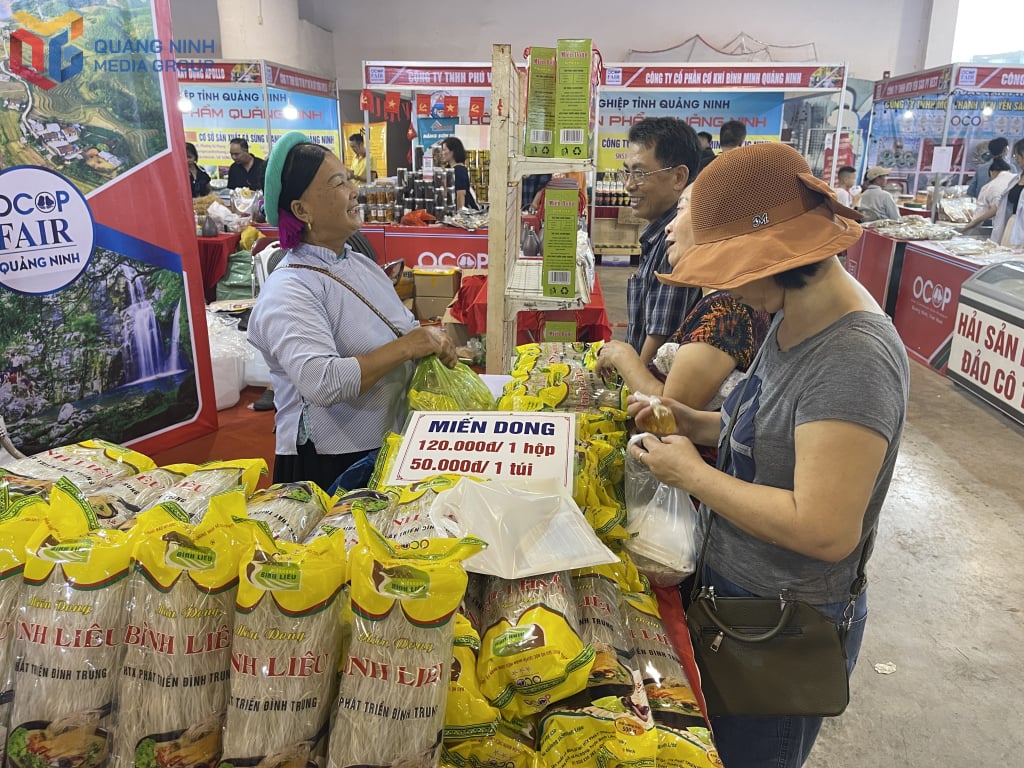
In order to diversify livelihoods for people, localities have also implemented well policies to encourage sustainable forestry development such as: Land allocation, forest allocation to organizations, households, individuals and communities; sustainable development of some high-value non-timber forest products under the forest canopy; strict control of crop seasons, restructuring based on research on local advantages, weather developments and market demand... The forests that are gradually formed bring economic benefits to households, create jobs, help reduce poverty for ethnic minorities in mountainous and island areas; contribute to environmental and ecological protection, respond to climate change, protect people from natural disasters, storms and floods.
It is also necessary to mention that thousands of ethnic minority and mountainous households in the province have had more resources to invest in economic development and escape poverty thanks to access to preferential loans from the Social Policy Bank. Policy capital is deployed to the right subjects and used for the right purposes, becoming a lever to help many families improve their labor, production and life. To date, the Provincial Social Policy Bank has disbursed VND 287.9 billion to 3,291 households with a maximum limit of VND 100 million/household.
Accompanying the people in mountainous, border and island areas, there is also the role of the Fatherland Front and socio- political organizations of the province. Typically, the Farmers' Association at all levels has strongly focused its activities on supporting and guiding members and people in difficult areas to develop collective economic models to improve efficiency; deploying the Farmers' Support Fund to provide unsecured loans for investment in production. Or the Women's Union has promoted programs to support startups, train skills, provide legal advice, help women confidently realize business ideas, especially applying digital transformation to commercial business...
It can be seen that the emulation movement for labor production is increasingly vibrant, effective, and widespread throughout all regions. Building a prosperous life does not necessarily require "leaving home", "leaving agriculture" as the old concept, but can be completely realized right in the homeland, starting from innovative thinking, creativity, daring to think, daring to do.
Currently, the General Statistics Office is implementing the 2025 Rural and Agricultural Census. This is one of three national statistical censuses, organized periodically every 10 years nationwide to collect comprehensive information on the current situation and development of rural and agricultural areas to serve the direction and administration of local Party committees and authorities. At the same time, it contributes to building a statistical database to serve the management and policy making for agricultural, rural and farmer development. On July 1, in Tien Yen commune, the Steering Committee for the 2025 Rural and Agricultural Census of Quang Ninh province held a launching ceremony for the 2025 Rural and Agricultural Census. The implementation period is until July 30, 2025. |
Source: https://baoquangninh.vn/chuyen-minh-trong-san-xuat-nong-nghiep-3365252.html



![[Photo] General Secretary To Lam, Secretary of the Central Military Commission attends the 12th Party Congress of the Army](https://vphoto.vietnam.vn/thumb/1200x675/vietnam/resource/IMAGE/2025/9/30/9b63aaa37ddb472ead84e3870a8ae825)
![[Photo] Many streets in Hanoi were flooded due to the effects of storm Bualoi](https://vphoto.vietnam.vn/thumb/1200x675/vietnam/resource/IMAGE/2025/9/29/18b658aa0fa2495c927ade4bbe0096df)
![[Photo] General Secretary To Lam receives US Ambassador to Vietnam Marc Knapper](https://vphoto.vietnam.vn/thumb/1200x675/vietnam/resource/IMAGE/2025/9/29/c8fd0761aa184da7814aee57d87c49b3)

![[Photo] General Secretary To Lam attends the ceremony to celebrate the 80th anniversary of the post and telecommunications sector and the 66th anniversary of the science and technology sector.](https://vphoto.vietnam.vn/thumb/1200x675/vietnam/resource/IMAGE/2025/9/29/8e86b39b8fe44121a2b14a031f4cef46)












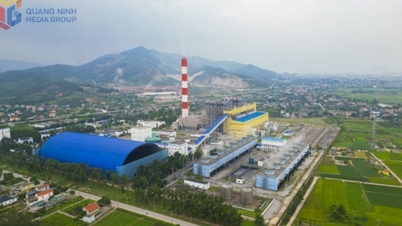

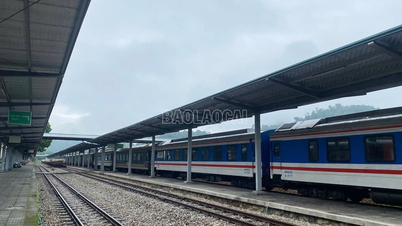





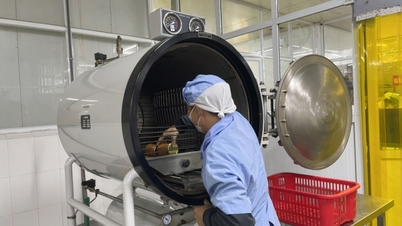








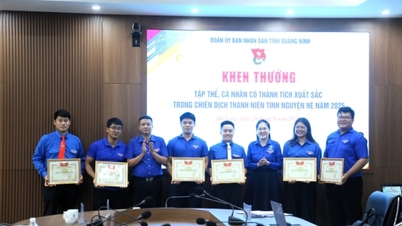
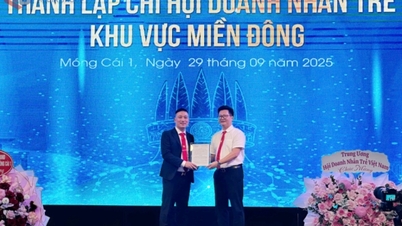
![[Photo] National Assembly Chairman Tran Thanh Man chairs the 8th Conference of full-time National Assembly deputies](https://vphoto.vietnam.vn/thumb/1200x675/vietnam/resource/IMAGE/2025/9/29/2c21459bc38d44ffaacd679ab9a0477c)







































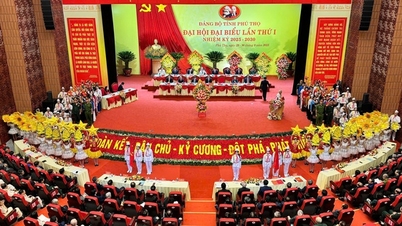


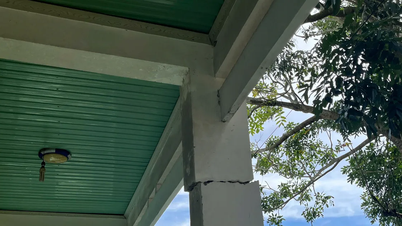
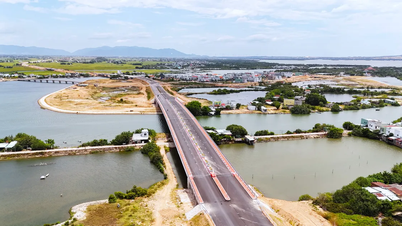
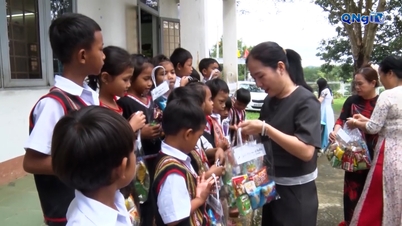

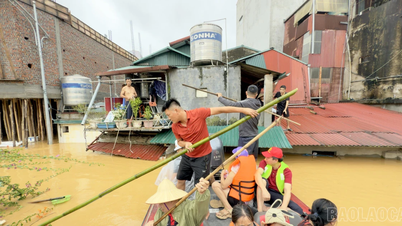
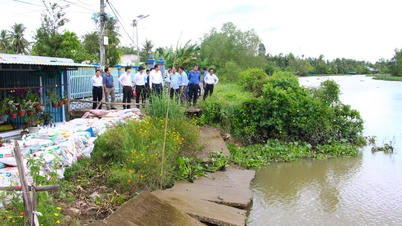
















Comment (0)